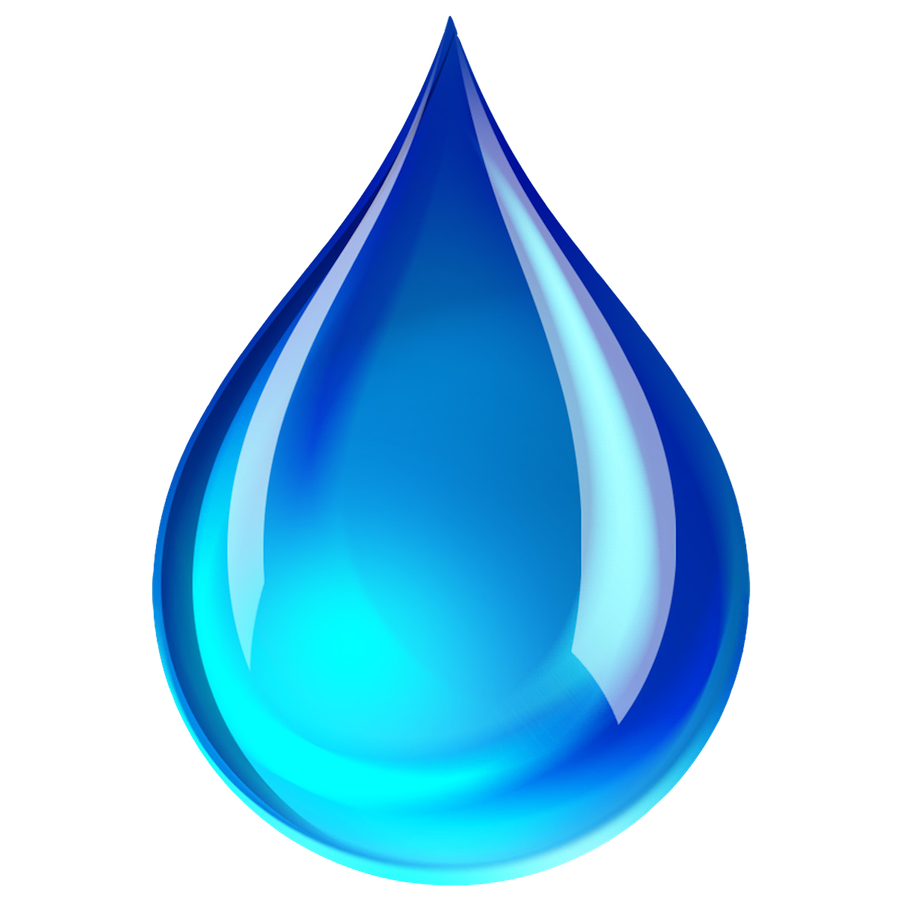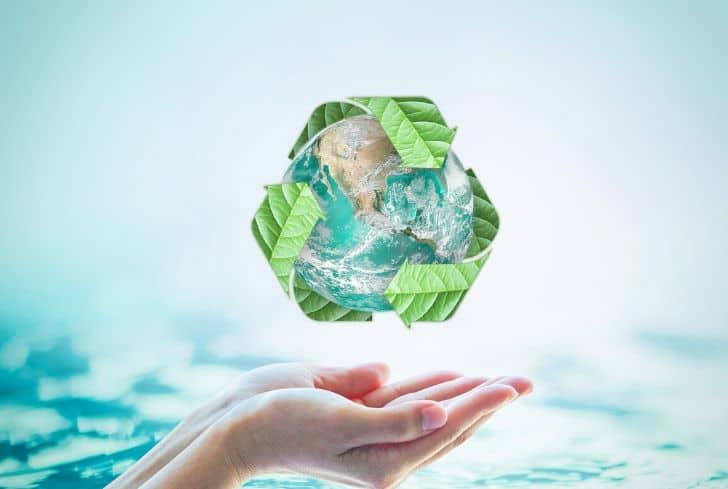The environment is a vital part of the world, and protecting it should be one of our main priorities. Whether that’s through clean air or fresh water, environmental protection should be something we all strive for. Water purification is a process that removes impurities from water and makes it safer to drink or use for other purposes. Water filtration can be done through several methods, including physical and chemical. However, not all filtration processes are environmentally friendly. The type of filtration system you use will depend on what contaminants are present in your local water. To determine what contaminants are in your area, you should check out your local water utility’s Consumer Confidence Report, which they must send to their customers every year before July 1.
There are a number of ways that water purification systems can benefit the environment, but it all depends on the type of system used. For example, if you choose to install a whole home water filtration system then it will help reduce the amount of bottled water that is used in your household. This helps reduce landfill waste and plastic pollution.
Another way that a water purification system can benefit the environment is by reducing the need to use harsh chemicals in your household. This is done by removing harmful substances such as chlorine, pesticides and heavy metals from the household water supply. This can also prevent health issues such as skin irritation, kidney damage and asthma.
Many people who have water filters in their homes also find that their appliances such as dishwashers, washing machines and sink faucets last longer due to the fact that they aren’t constantly being damaged by hard minerals and other debris in the home water supply. This can save money in repair and replacement costs, as well as reducing the need to purchase new appliances.
Most filtration systems, especially those used in homes or offices, have a significant environmental impact through their production and use. The good news is that this can be minimized by careful design and choice of technologies and components. For instance, using spin or ultrasonic welding instead of hot-plate welding to seal together cartridges will help reduce energy usage and wastage. Also, ensuring that the systems are optimised for running cost and servicing through features such as intermediate resistivity monitoring will also make a big difference.
There are a lot of things you can do to help the environment, such as recycling and picking up trash on the beach or in your neighborhood. Another easy way to make a difference is to install a water filtration system at home or in the office, so you can stop drinking bottled water and reduce the plastic pollution problem we are facing. Water treatment professionals can recommend the best water filtration system for you based on your specific needs and location, so that you can feel great about doing your bit to help the environment.

